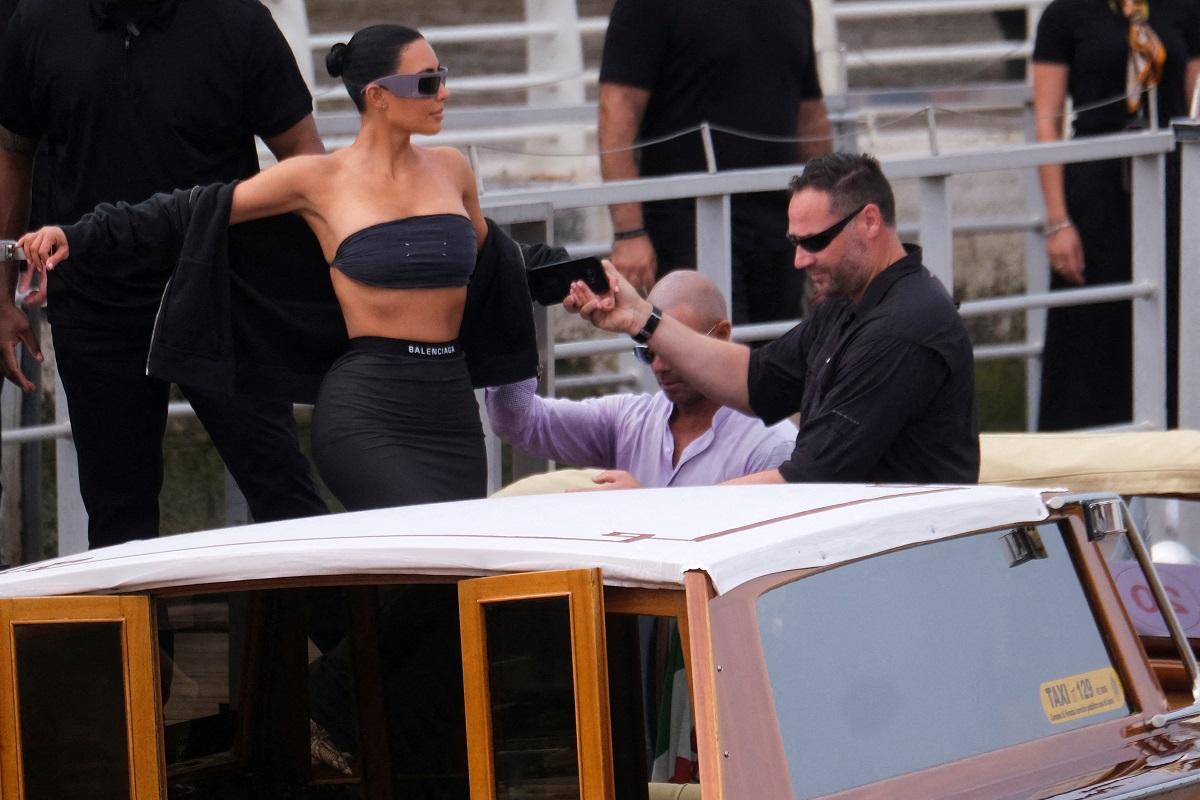
Upgrade to High-Speed Internet for only ₱1499/month!
Enjoy up to 100 Mbps fiber broadband, perfect for browsing, streaming, and gaming.
Visit Suniway.ph to learn
Bea Trinidad - The Philippine Star
April 17, 2025 | 12:00am
The term halal might bring to mind dietary restrictions and food choices, but a recent roundtable at the Malaysian Embassy in Manila revealed a much broader landscape: a $7.7 trillion global industry that has expanded well beyond the dining table into cosmetics, tourism, banking, and pharmaceuticals.
“As we explore key opportunities in halal certification, trade, investment, and capacity building, it is equally important to address challenges and policy frameworks that can drive industry growth,” said Malaysian Ambassador to the Philippines Dato’ Abdul Malik Melvin Castelino, in his opening remarks at the halal industry roundtable held last Feb. 26.
The event brought together key stakeholders, including Department of Trade and Industry Assistant Secretary and chief of staff Englebert Josef Chua, and Malaysian and Filipino business leaders to explore opportunities to strengthen halal industry cooperation between the two nations.
Not just food anymore
For many Filipinos, halal means food adhering to Islamic dietary laws. But today’s halal ecosystem encompasses much more.
Beauty shelves are changing: Philippine cosmetics companies have found international success with $7.3 million worth of halal-certified makeup and skincare products already reaching Malaysia, UAE, and Saudi Arabia. Brands like Ameera Beauty, MERSI Cosmetics, and others are tapping into a growing market segment that values ethical production and ingredient transparency.
Tourism gets a boost: The Philippines recently claimed the “Emerging Muslim-friendly Destination of the Year” award among non-Muslim majority countries, with hotels like Dusit Thani Manila and Berjaya Hotel Makati offering halal dining options and prayer spaces.
Banking expands options: Maybank Philippines opened its first Islamic banking unit in Zamboanga last year, introducing Shariah-compliant financial services to both Muslim and non-Muslim clients looking for ethical banking alternatives.
Healthcare seeks certification: With the global halal pharmaceutical sector valued at $132 billion, companies are eyeing opportunities to develop medications and supplements that meet halal standards — a largely untapped market in the Philippines.
Quality appeal beyond religious requirements
Perhaps most interesting is how halal certification has transcended its religious origins to become a mark of quality that appeals to consumers regardless of faith.
Khairul Azwan Harun, chairman of Malaysia's Halal Development Corporation, noted during the roundtable that "the halal movement represents values of integrity, quality, and sustainability." He emphasized that "Malaysia's success is not ours alone. Malaysia’s success should be the success of the Philippines together.”
This broader appeal explains why the Philippines — where Muslims make up roughly 10 percent of the population — is investing heavily in becoming a halal hub through the Philippine Halal Industry Development Strategic Plan 2023-2028. Early results show promise, with the Department of Trade and Industry reporting nearly ?8 billion ($134 million) in halal goods trade last year.
Building beyond certification
Rather than focusing solely on product certification, the Philippines is developing a comprehensive ecosystem to support halal businesses throughout their journey.
"Muslim-friendly tourism is a huge opportunity for the Philippines to exploit, given your vast resources and beautiful tourist spots and attractions," Harun suggested, pointing to one sector where the Philippines has natural advantages.
He also introduced the concept of “deemed halal” — a pre-certification category for businesses already following halal principles but still completing the formal certification process. “This particular market segment is also growing and large, which I think the Philippines should not lose sight of,” he added.
The initiative includes establishing testing laboratories, providing technical assistance to small businesses, creating specialized training programs, and establishing the “Halal-friendly Philippines” brand to coordinate efforts across government agencies.
From Malaysia’s side, Harun affirmed, “Malaysia stands ready to help. Whether through providing services, sharing expertise, or providing what might be missing, we can work together to combine each other’s strengths.”
Global connections
During the event, Intan Zalani, trade attaché for MATRADE Manila, highlighted the Malaysia International Halal Showcase (MIHAS), the premier annual trade platform held in Kuala Lumpur for halal industry players to source high-quality products and services across sectors.
"This year's MIHAS will be held from Sept 17-20 in Kuala Lumpur, and we welcome participation from Philippine companies interested in expanding their halal market, not only in Malaysia but globally," she noted.
Last year’s event saw impressive results, with 20 Philippine halal exporters under the Philippine Pavilion generating $7.9 million in sales with DTI’s support — a testament to the growing international demand for Philippine halal products.
With tourism, beauty, pharmaceutical and banking sectors already showing growth, and international trade exhibitions yielding millions in sales, the halal ecosystem in the Philippines is evolving from niche market to mainstream economic driver — creating opportunities that extend far beyond the dinner table.Captions:
At the Malaysia-Philippines Halal Industry Roundtable: (from left) Dhaliff G. Anuar, head of Halal Consultancy & Advisory, Halal Development Corporation; Saleha P. Sacar, director, National Commission on Muslim Filipinos (NCMF); Intan Zalani of the Embassy of Malaysia; Englebert Chua, assistant secretary and chief of staff, DTI; Ambassador of Malaysia to the Philippines Dato’ Abdul Malik Melvin Castelino; Khairul Azwan Harun, chairman, Halal Development Corporation (HDC) Malaysia; Aleem Guiapal of DTI; Enrico L. Cordoba, head, strategy and transformation, Maybank Philippines; Al-Mahdi I. Jul-Ahmad, senior trade-industry development specialist, market division, export marketing bureau, DTI

 2 months ago
23
2 months ago
23



